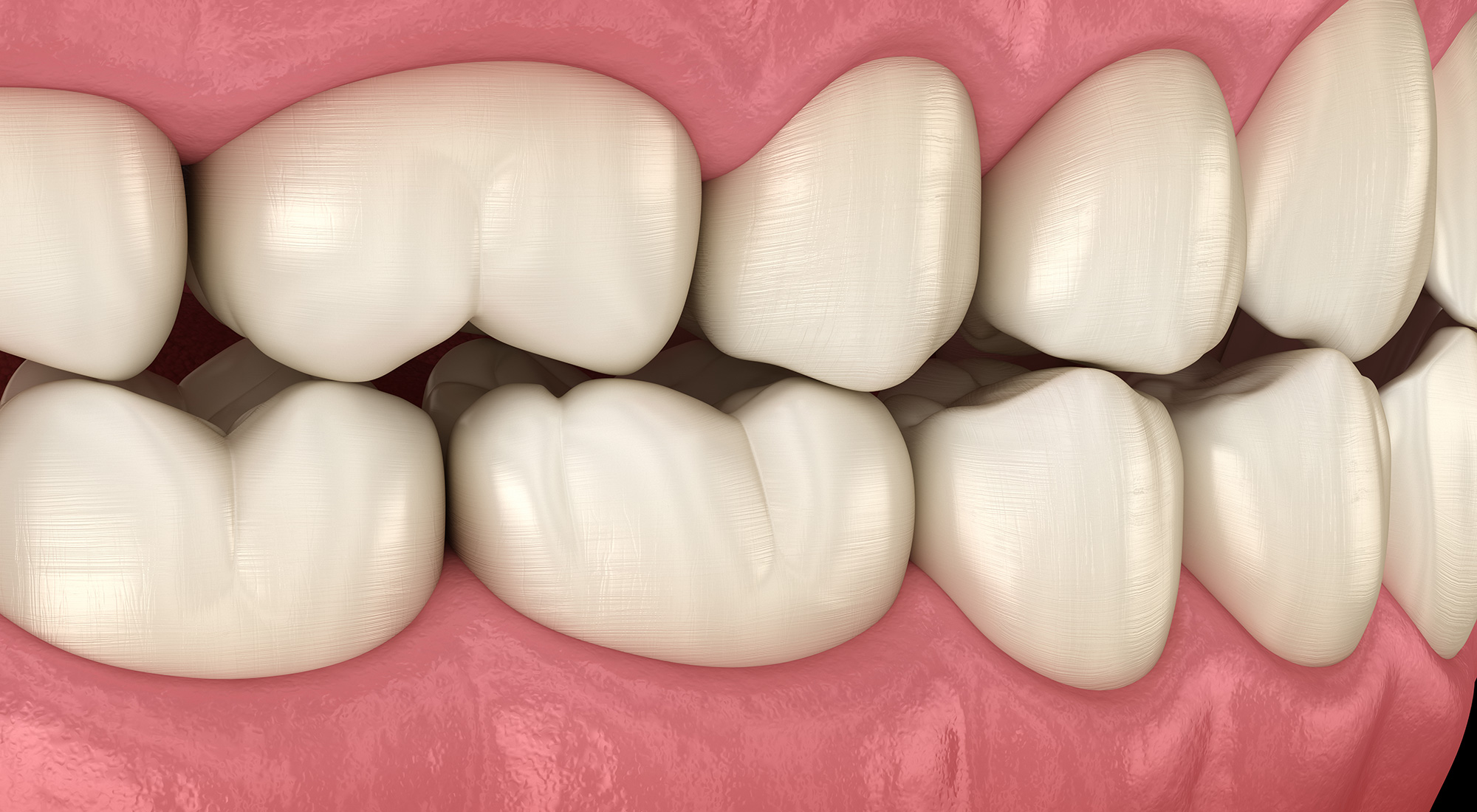In the scenic landscape of Albania, an emerging trend is gaining traction: Dental Tourism. Nestled between the Adriatic and Ionian Seas, Albania offers more than just breathtaking views. Turismo dentale in Albania is becoming increasingly popular due to its blend of affordable dental procedures and high-quality care. With a surge in dental clinics equipped with state-of-the-art technology and skilled professionals, Albania beckons international visitors seeking dental treatments at a fraction of the cost elsewhere. From dental implants to cosmetic dentistry, patients find solace in Albania’s competent practitioners and picturesque surroundings, making it a promising destination for dental care enthusiasts.
Introduction:
Occlusal adjustments play a crucial role in maintaining oral health and overall well-being. Many individuals are unaware of the significance of occlusion and how it can impact their dental health. In this comprehensive guide, we will delve into the various aspects of occlusal adjustments, exploring their benefits, procedures, and frequently asked questions. By understanding the importance of occlusal adjustments, you can take proactive measures to ensure optimal dental health.
Understanding Occlusal Adjustments:
Occlusal adjustments refer to the process of modifying the alignment of teeth to achieve optimal occlusion, which is the way the upper and lower teeth come together when biting or chewing. When the teeth do not meet properly, it can lead to a range of dental issues, including tooth wear, instability, and even temporomandibular joint disorders (TMJ). Occlusal adjustments aim to bring the teeth into proper alignment, promoting balanced and harmonious occlusion.
The Benefits of Occlusal Adjustments:
1. Alleviation of Dental Discomfort:
One of the primary benefits of occlusal adjustments is the relief of dental discomfort. Misaligned teeth can cause uneven pressure distribution when biting or chewing, leading to tooth sensitivity, pain, and even headaches. By adjusting the occlusion, the pressure is distributed evenly, reducing discomfort and improving overall oral function.
2. Prevention of Tooth Wear:
Improper teeth alignment can result in excessive tooth wear over time. When certain teeth bear the brunt of chewing forces more than others, they can wear down faster, leading to uneven tooth surfaces and increased vulnerability to dental issues. Occlusal adjustments help distribute the biting forces evenly, preventing premature tooth wear and preserving the longevity of your natural teeth.
3. Reduction of TMJ Disorders:
Temporomandibular joint disorders (TMJ) can cause jaw pain, clicking or popping sounds, and restricted jaw movement. Occlusal adjustments can play a crucial role in alleviating TMJ disorders by bringing the teeth and jaw into proper alignment. By reducing the strain on the jaw joint, occlusal adjustments can provide relief from TMJ-related symptoms.
4. Improved Stability of Restorations:
Dental restorations, such as crowns, bridges, and implants, rely on stable occlusion for long-term success. If the occlusion is misaligned, it can place excessive stress on the restorations, leading to their failure or premature damage. Occlusal adjustments ensure that the restorations are harmoniously integrated into the bite, enhancing their stability and longevity.
5. Enhanced Overall Oral Health:
By addressing occlusal imbalances, occlusal adjustments contribute to improved overall oral health. Proper occlusion promotes efficient chewing, aiding in proper digestion and nutrient absorption. Moreover, it reduces the risk of dental issues, including cavities, gum disease, and tooth fractures, by preventing excessive pressure on certain teeth.
The Occlusal Adjustment Procedure:
Occlusal adjustments involve a systematic process performed by a skilled dentist or prosthodontist. The procedure typically includes the following steps:
1. Evaluation:
The dentist will thoroughly examine your bite and evaluate the occlusion. This may involve analyzing your dental records, X-rays, and performing a bite analysis to identify areas of misalignment or instability.
2. Adjustment:
Using specialized dental instruments, the dentist will gently reshape the biting surfaces of specific teeth to achieve proper alignment. This may involve removing small amounts of tooth enamel or adding dental material to adjust the bite.
3. Bite Testing:
After the adjustments are made, the dentist will assess the bite to ensure that it feels comfortable and functions properly. Bite testing involves biting down on a colored paper or using electronic sensors to identify any remaining imbalances or interferences.
4. Follow-Up:
In some cases, additional adjustments may be required to achieve optimal occlusion. Regular follow-up appointments allow the dentist to monitor the progress and make any necessary fine-tuning to ensure long-term stability and comfort.
Frequently Asked Questions (FAQs):
Q1: Are occlusal adjustments painful?
A1: No, occlusal adjustments are typically painless. The procedure is performed under local anesthesia, ensuring that you remain comfortable throughout the process.
Q2: How long does an occlusal adjustment take?
A2: The duration of an occlusal adjustment depends on the complexity of the case. In general, it can be completed within a single visit lasting from 30 minutes to an hour.
Q3: Can occlusal adjustments be done on dental restorations?
A3: Yes, occlusal adjustments can be performed on dental restorations. It is essential to ensure that the restorations are integrated into the bite properly to prevent any complications or discomfort.
Q4: Will the adjustment affect my speech?
A4: In most cases, occlusal adjustments do not impact speech. However, minor adjustments may require a short adjustment period for your tongue and muscles to adapt to the new bite.
Q5: How long do the effects of occlusal adjustments last?
A5: The effects of occlusal adjustments can last for several years, but it may vary depending on individual factors. Regular dental check-ups and maintaining good oral hygiene habits are essential for long-term stability.
Conclusion:
Occlusal adjustments offer a range of benefits, from alleviating dental discomfort to promoting overall oral health. By addressing misalignments and imbalances in the bite, these adjustments can significantly improve your quality of life. If you are experiencing any dental issues related to occlusion, consult with a qualified dentist or prosthodontist who can assess your situation and guide you through the process of unlocking the benefits of occlusal adjustments.


